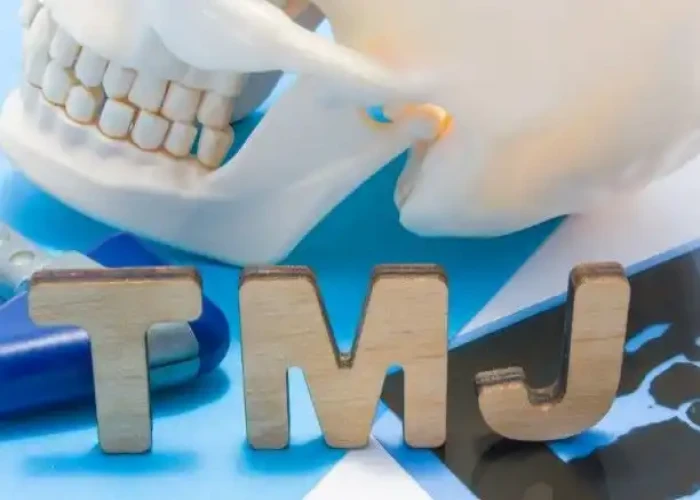 Welcome
Welcome
“May all be happy, may all be healed, may all be at peace and may no one ever suffer."
TMJ disorders
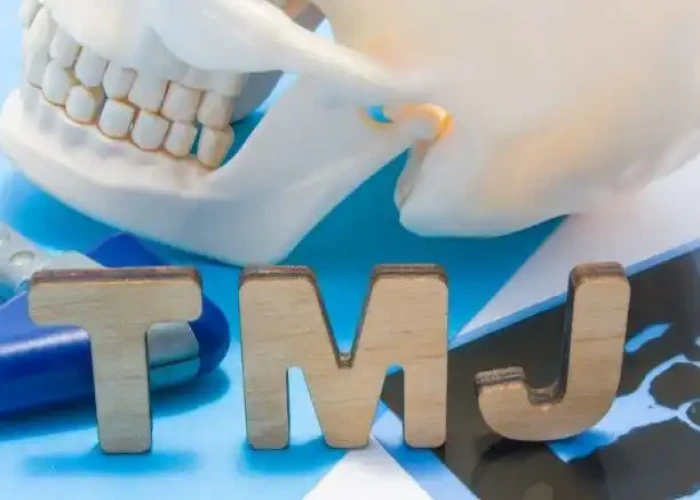
TMJ (temporomandibular joint) disorders, also known as TMD, refer to a group of conditions that affect the jaw joint and the muscles that control jaw movement. These conditions can cause pain, discomfort, and difficulty in chewing, talking, and opening and closing the mouth.
The causes of TMJ disorders are not fully understood, but may include trauma to the jaw or joint, teeth grinding or clenching, arthritis, and misalignment of the jaw or teeth.
Common symptoms of TMJ disorders include jaw pain, clicking or popping sounds when opening or closing the mouth, difficulty opening the mouth, headaches, ear pain, and facial pain.
Diagnosis of TMJ disorders may involve a physical exam of the jaw joint and surrounding muscles, as well as imaging tests such as X-rays, CT scans, or MRIs.
Treatment for TMJ disorders may include lifestyle changes such as avoiding hard or chewy foods and practicing stress-reducing techniques. Pain relief measures such as heat or cold therapy, over-the-counter pain medications, or prescription muscle relaxants may also be recommended. In some cases, dental treatments such as bite adjustment or orthodontic treatment may be necessary.
In severe cases, surgery may be required to correct the underlying issue causing the TMJ disorder.
It is important to seek medical advice if you experience ongoing pain or discomfort in the jaw, as untreated TMJ disorders can lead to chronic pain and discomfort, and can impact overall quality of life.
Research Papers
Disease Signs and Symptoms
- Jaw pain
- Swollen jaw
- Ear pain
- Difficulty chewing, speaking and swallowing
- Facial pain
- Pain or tenderness of the jaw
- Pain in one or both of the temporomandibular joints
- Aching pain in and around ear
- Locking of the joint, making it difficult to open or close mouth
Disease Causes
TMJ disorders
The temporomandibular joint combines a hinge action with sliding motions. The parts of the bones that interact in the joint are covered with cartilage and are separated by a small shock-absorbing disk, which normally keeps the movement smooth.
Painful TMJ disorders can occur if:
- The disk erodes or moves out of its proper alignment
- The joint's cartilage is damaged by arthritis
- The joint is damaged by a blow or other impact
In many cases, however, the cause of TMJ disorders isn't clear.
Disease Prevents
Disease Treatments
In some cases, the symptoms of TMJ disorders may go away without treatment. If your symptoms persist, your doctor may recommend a variety of treatment options, often more than one to be done at the same time.
Medications
Along with other nonsurgical treatments, these medication options may help relieve the pain associated with TMJ disorders:
- Pain relievers and anti-inflammatories. If over-the-counter pain medications aren't enough to relieve TMJ pain, your doctor or dentist may prescribe stronger pain relievers for a limited time, such as prescription strength ibuprofen.
- Tricyclic antidepressants. These medications, such as amitriptyline, are used mostly for depression, but in low doses, they're sometimes used for pain relief, bruxism control and sleeplessness.
- Muscle relaxants. These types of drugs are sometimes used for a few days or weeks to help relieve pain caused by TMJ disorders created by muscle spasms.
Therapies
Nondrug therapies for TMJ disorders include:
- Oral splints or mouth guards (occlusal appliances). Often, people with jaw pain will benefit from wearing a soft or firm device inserted over their teeth, but the reasons why these devices are beneficial are not well-understood.
- Physical therapy. Along with exercises to stretch and strengthen jaw muscles, treatments might include ultrasound, moist heat and ice.
- Counseling. Education and counseling can help you understand the factors and behaviors that may aggravate your pain, so you can avoid them. Examples include teeth clenching or grinding, leaning on your chin, or biting fingernails.
Surgical or other procedures
When other methods don't help, your doctor might suggest procedures such as:
- Arthrocentesis. Arthrocentesis (ahr-throe-sen-TEE-sis) is a minimally invasive procedure that involves the insertion of small needles into the joint so that fluid can be irrigated through the joint to remove debris and inflammatory byproducts.
- Injections. In some people, corticosteroid injections into the joint may be helpful. Infrequently, injecting botulinum toxin type A (Botox, others) into the jaw muscles used for chewing may relieve pain associated with TMJ disorders.
- TMJ arthroscopy. In some cases, arthroscopic surgery can be as effective for treating various types of TMJ disorders as open-joint surgery. A small thin tube (cannula) is placed into the joint space, an arthroscope is then inserted and small surgical instruments are used for surgery. TMJ arthroscopy has fewer risks and complications than open-joint surgery does, but it has some limitations as well.
- Modified condylotomy. Modified condylotomy (kon-dih-LOT-uh-mee) addresses the TMJ indirectly, with surgery on the mandible, but not in the joint itself. It may be helpful for treatment of pain and if locking is experienced.
- Open-joint surgery. If your jaw pain does not resolve with more-conservative treatments and it appears to be caused by a structural problem in the joint, your doctor or dentist may suggest open-joint surgery (arthrotomy) to repair or replace the joint. However, open-joint surgery involves more risks than other procedures do and should be considered very carefully, after discussing the pros and cons.
If your doctor recommends surgery or other procedures, be sure to discuss the potential benefits and risks, and ask what all your options are.
Disease Diagnoses
Disease Allopathic Generics
Disease Ayurvedic Generics
Disease Homeopathic Generics
Disease yoga
TMJ disorders and Learn More about Diseases

Psoriasis

Narcolepsy
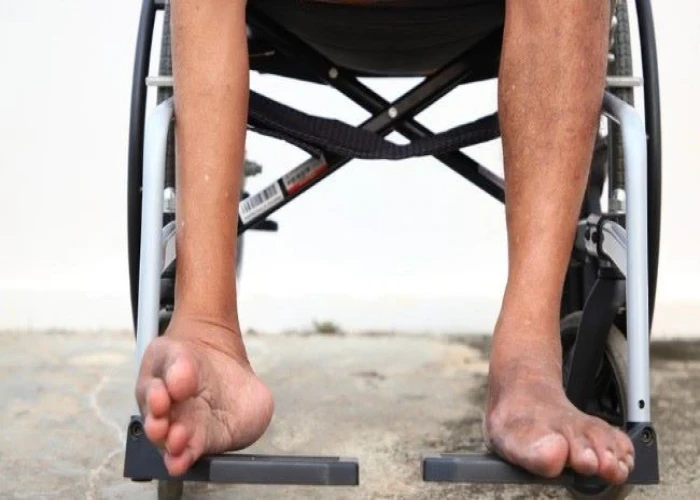
Polio

Miscarriage (Abortion)

Behcet's disease
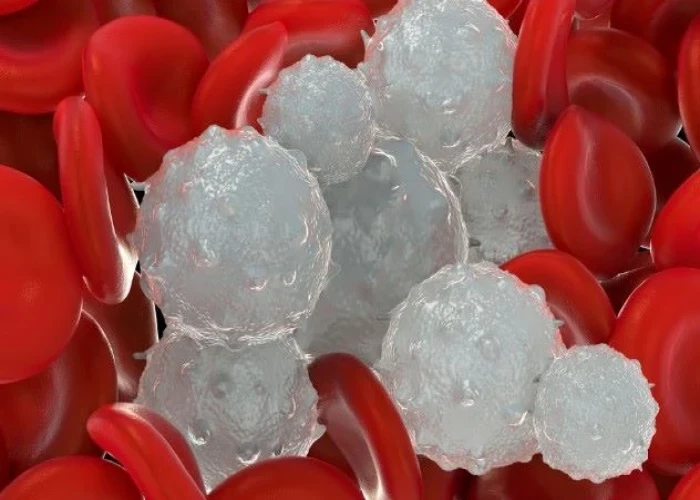
Pediatric white blood cell disorders

Uterine prolapse
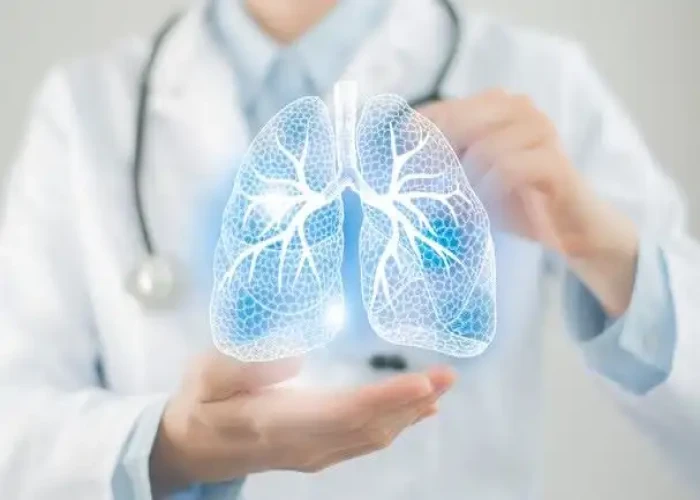
Sarcoidosis
tmj disorders, টিএমজে ডিসঅর্ডার
To be happy, beautiful, healthy, wealthy, hale and long-lived stay with DM3S.
